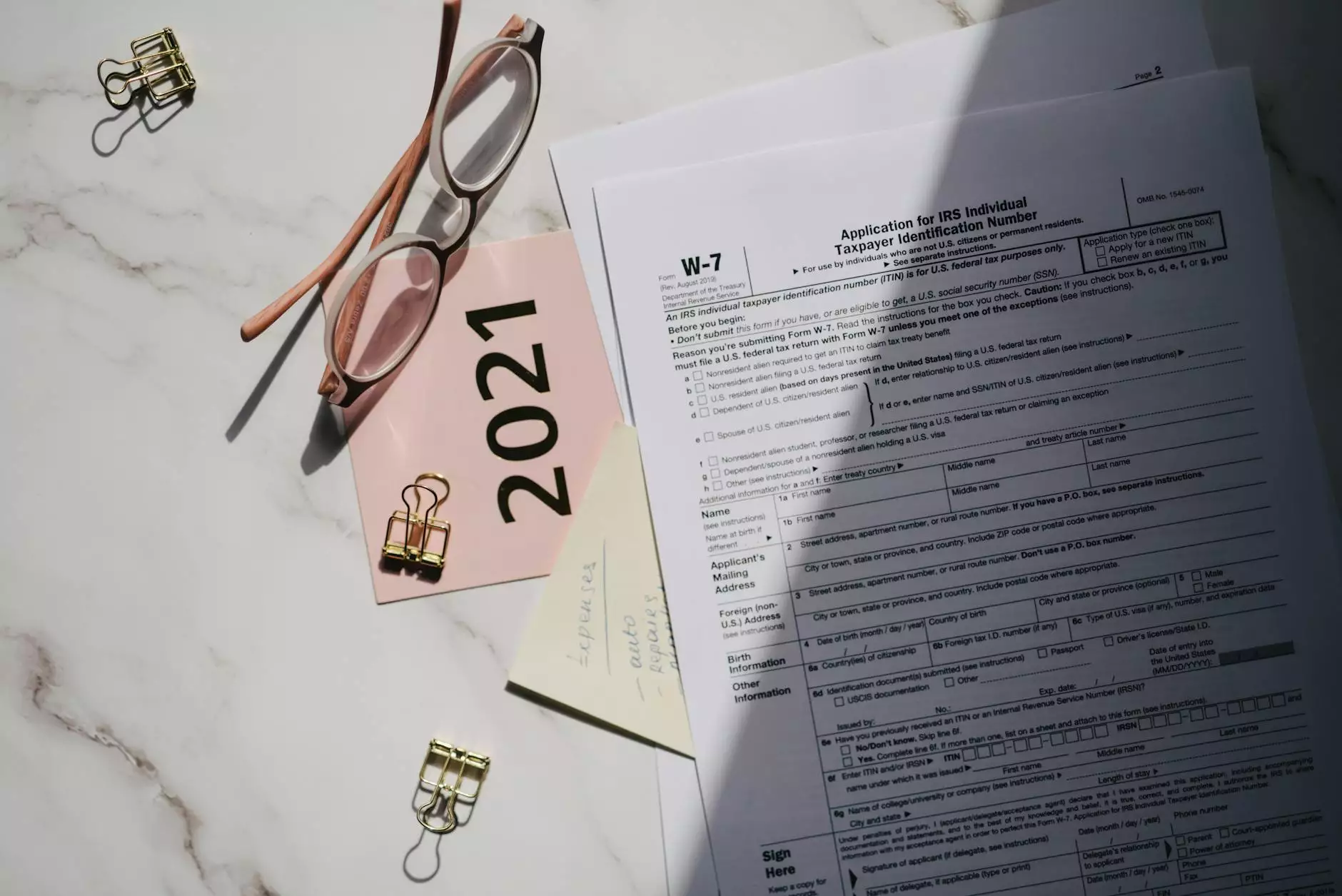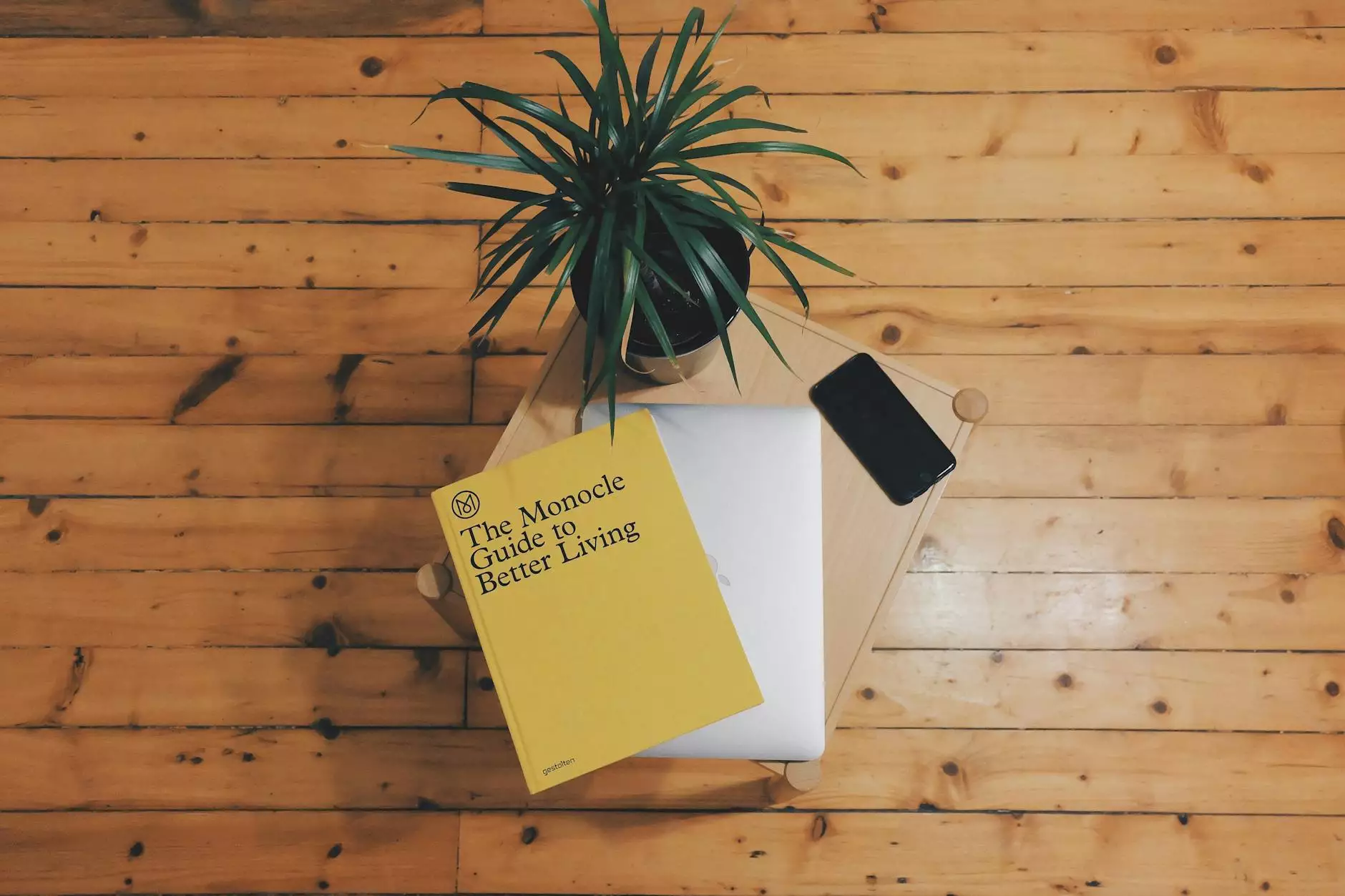Understanding Business Dynamics: Buy Real or Fake Documents

In today's fast-paced business world, understanding the ins and outs of transactions involving real and fake documents has become increasingly essential.
The Business of Fake Documents
From the inception of commerce, documentation has played a pivotal role. Whether it's contracts, identification papers, or currency, documents validate transactions. However, there are gray areas in the documentation landscape. The inquiry many potential customers have is: Should I buy real or fake documents?
What Are Fake Documents?
Fake documents are, by definition, counterfeit or forged papers intended to mislead or deceive. Examples include:
- Counterfeit IDs: Fake identification cards can be utilized for a range of purposes, some legitimate and others not.
- Phony Financial Documents: These can include false tax returns, bank statements, or proof of income.
- Modified Certifications: Alterations made to educational or professional credentials can have serious implications.
The Dark Side of Fake Documents
While acquiring fake documents may seem appealing for some, there are significant risks involved:
- Legal Repercussions: Purchasing or using fake documents can lead to severe legal consequences, including hefty fines and imprisonment.
- Trust Erosion: Engaging in practices with counterfeit materials can damage your reputation within your industry.
- Financial Loss: The use of fake documents can lead to substantial financial losses if caught in fraudulent activities.
Real Documents and Their Importance
On the flip side, real documents are crucial to establishing trust in business relationships. Real documents ensure that your business operations are above board, minimizing risks associated with legal standings.
When to Buy Real or Fake Documents?
Understanding when to engage in purchasing can be daunting. Here are considerations for each option:
When to Buy Real Documents
Real documents are essential when authenticity is non-negotiable:
- Legal Contracts: These are essential for binding agreements between parties and often need to be notarized.
- Employment Verification: Employers require real identification and certificates to validate your qualifications.
- Financial Transactions: Banks and financial institutions require real documentation for loans, mortgages, and credit approvals.
When to Buy Fake Documents
While ethically questionable, there are scenarios where fake documents might be sought:
- Creative Projects: Film and theatre productions may require fake docs that look real.
- Personal Security: In dire situations where privacy is paramount, some may feel compelled to seek alternatives.
- Online Privacy: In certain digital scenarios, users may want to create aliases for anonymity.
The Risks of Engaging with Counterfeit Money
Buying counterfeit money, much like fake documents, opens a Pandora's box of risks and intricacies:
Understanding Counterfeit Currency
Counterfeit currency refers to fake money that mimics real banknotes. The allure of being able to use ‘free money’ can tempt some, but the drawbacks are substantial:
- Criminal Charges: Possession or distribution of counterfeit currency is illegal and can lead to serious legal action.
- Deceptive Practices: Using fake money to transact is inherently deceptive, undermining market integrity.
- Impact on Economy: Counterfeit money contributes to inflation and damages the overall economy.
Finding Reliable Sources: HighTeclab.com
If you're contemplating whether to buy real or fake documents, it's vital to consider reputable sources. HighTeclab.com serves as a resourceful platform, providing extensive insights on the implications of both real and fake documents and the associated risks.
Resources Available
Visitors to HighTeclab.com can access:
- Comprehensive guides on the legality of documents.
- Case studies on businesses facing legal repercussions due to document fraud.
- Strategies for maintaining authenticity in business transactions.
Shaping Business Ethics Around Document Use
As the business landscape evolves, the ethics surrounding the authenticity of documents need to remain at the forefront. Here are suggestions for upholding ethics in document usage:
Best Practices for Businesses
- Implement Verification Processes: Organizations should establish systematic verification mechanisms to ensure the authenticity of documents.
- Educate Employees: Conduct workshops and training sessions on the risks associated with fake documents.
- Report Suspicious Activities: Create a continuing dialogue around spotting and reporting counterfeit materials.
Conclusion: The Power of Choice in Business
In conclusion, deciding whether to buy real or fake documents is not merely a transactional choice; it reflects a deeper value system and ethical considerations within the business realm. By staying informed and proactive, businesses can navigate these waters effectively.
Engaging in the world of documentation, from counterfeit money to authentic papers, comes with unique responsibilities and decision-making. Leverage the knowledge gained from this discussion to make informed choices in your business dealings.
For further guidance on how to approach documentation issues, navigating the complexities of buying real or fake documents, and understanding the implications on your business's operational integrity, visit HighTeclab.com.









